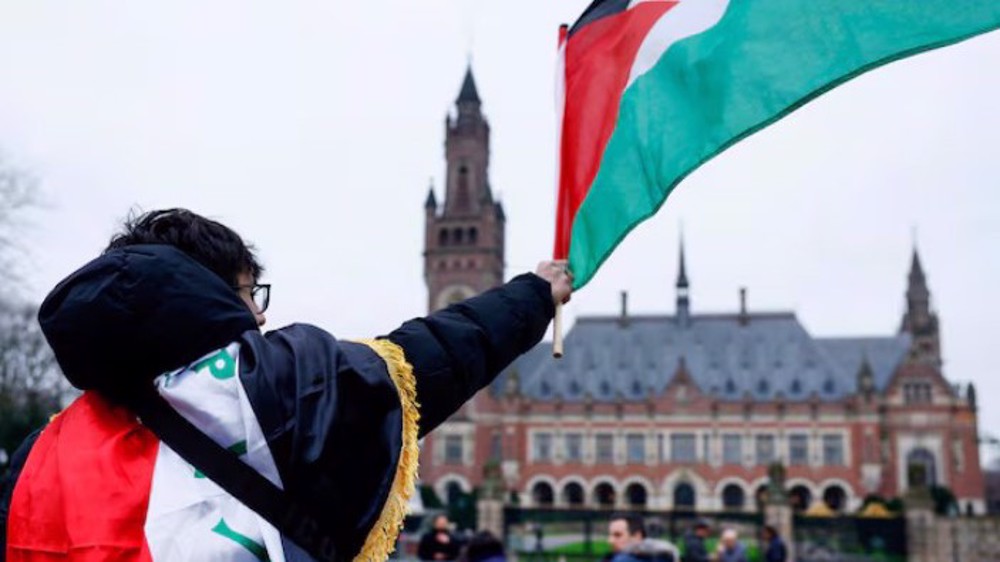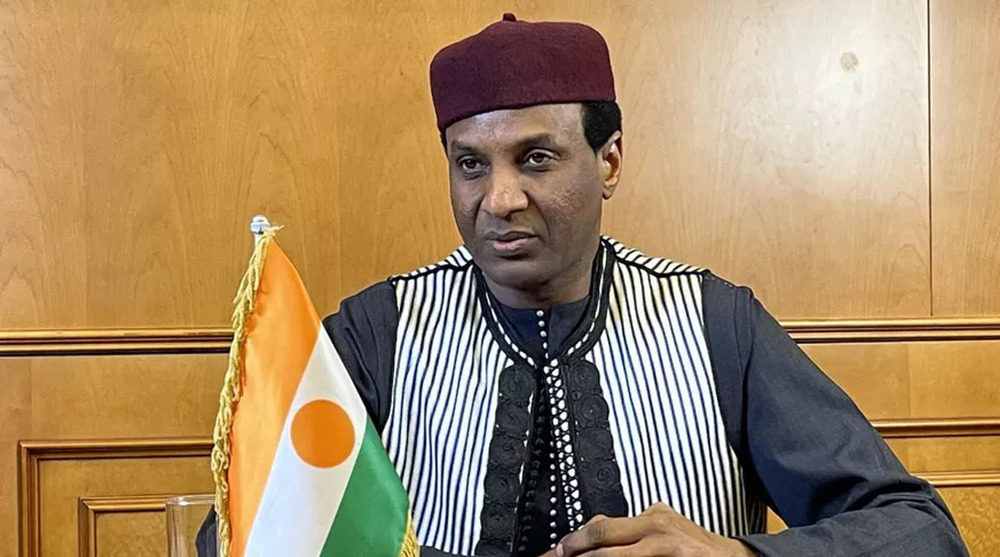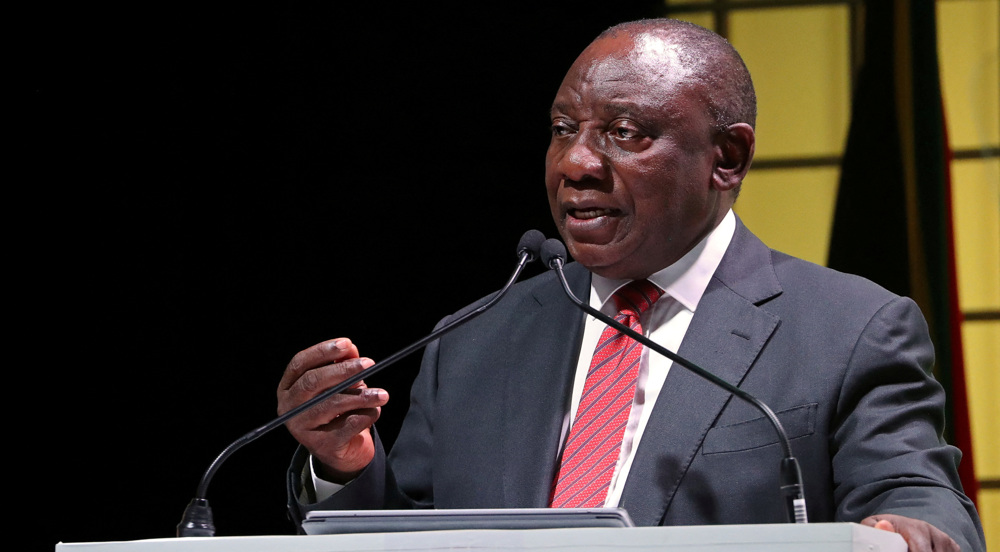EU questions validity of presidential election in Gabon
A European Union (EU) observer mission has cast doubt on the validity of the recent controversial presidential election in Gabon, which saw incumbent President Ali Bongo win by a slim margin.
The EU mission had focused on the votes counted in Bongo’s home province of Haut-Ogooue as the turnout there was reported above 99 percent, with the incumbent president gaining 95 percent of the votes.
According to Mariya Gabriel, the EU’s chief observer of the polls, the number of non-voters and blank or invalid ballots did not match the reported turnout rate, which she said constituted a “clear anomaly.”
“The integrity of the provisional results for this province is consequently put into question,” Gabriel said on Tuesday.
Bongo hits back
On Wednesday, Bongo responded to the EU observers’ allegation by saying, “I would also have liked them to have noted some anomalies in the fiefdom of Mr. Ping.”
“If we’re raising anomalies, we have to be clear, balanced and raise all the anomalies that have been noted,” he added.

In the country’s presidential election, which was held on August 27, the 57-year-old Bongo won 49.80 percent of the votes, compared to the 48.23 percent garnered by Jean Ping, a former foreign minister and now the country’s opposition leader, marking a razor-blade margin of only 5,594 votes of a total 627,805 registered voters.
A call to arms?
The 73-year-old Ping strongly rejected the results and called them “fraudulent.” He also declared himself the real winner of the presidential race and called both for a general strike and for international help to protect the population following a deadly raid by government forces on opposition headquarters in the capital Libreville after the election.
“We cannot accept that our people will be killed like animals without reacting,” Ping said on Facebook on Monday. “I propose to cease all activity and begin a general strike.”
The opposition politician further urged people to “use all means of resistance to topple this tyrant [Bongo] and believe me, he is on the verge of falling.”
Ping’s proposed strike did not seem to have attracted much attention in Libreville on Monday as banks and shops were open and taxis were operating normally.

African Union ‘to mediate’
The African Union has meanwhile said it would send a delegation to Gabon, likely to be led by Chadian President Idriss Deby, in a bid to mediate between the two sides over the contested election.
Deby, who himself stands accused of rigging the presidential election in his home country, has ruled over Chad since 1990.
Bongo, who came to power in 2009, will now remain at the helm for a second 7-year term if the results are approved by the country’s Constitutional Court. Bongo’s father, Omar, had ruled the country for 42 years before his death in 2009.
The oil-rich African country has been the scene of deadly post-election violence over the nearly eleven days, with Gabonese authorities reporting several deaths in the unrest.
Hamas to Abbas: Israel never awaited excuses to tyrannize Palestinians
VIDEO | Genocide against Palestinians
Anti-Islam Wilders's coalition deal spells sharp shift to hard-right
VIDEO | Nakba: Is history repeating itself?
Putin in Beijing: Russia, China agree to deepen ‘strategic partnership’
VIDEO | Press TV's news headlines
VIDEO | Nakba Day 2024, ongoing genocide
VIDEO | Gaza: The new Nakba













 This makes it easy to access the Press TV website
This makes it easy to access the Press TV website